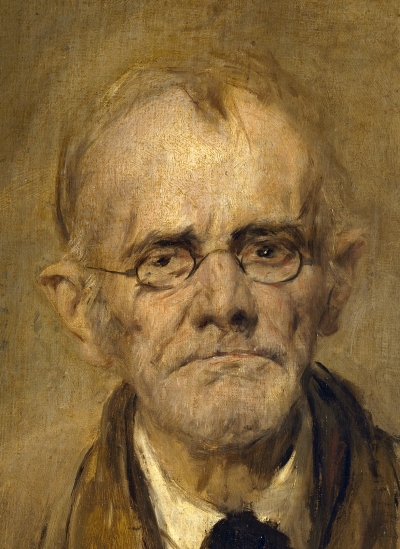WEDNESDAY, 13 JANUARY 2016
I spent the last few days reading notes from 2010. One thing that became clear was that I had tried desperately to sell things that year – products, services, anything that I had thought or believed people needed. That I mostly failed is part of a less exciting part of my personal history.
Last night I wondered what I would do if I had to sell something now, since I have more resources at my disposal.
I could not say what I would do.
The idea then pushed up from where all ideas come from that selling may simply not be everyone’s cup of tea.
And then the counter-argument: What is selling? Is it not the same as trying to convince someone of something?
I thought: there is a fundamental difference between trying to sell something to someone and trying to convince someone of something. When you try to sell something, you expect that person to spend money both you and he know will be of benefit to you.
I realised I don’t have a problem with trying to convince anyone of anything. And I don’t have a problem with telling someone something is not for free. To talk about money, especially if someone has to give me money, is definitely not my favourite subject, but I can take care of business. The problem is that trying to convince someone to buy something from me feels to me like a form of begging. And when it comes to begging, my pride kicks in. I would rather be struck dead.
I will therefore rather die than to try and convince someone to buy something from me, if I have to carry the story to its dramatic conclusion.
Of course there are situations where I would not feel the desire to commit suicide on the spot rather than to provide service to a customer. If, for example, I work in a hat shop and a bald guy walks in and asks for a good cap, I will show him some caps. Chances are that he may show a preference for a particular cap, which he may admit is slightly outside his budget. In this situation I can see that it would not be too hard for me to try to convince him that the more expensive cap is indeed the one he should strongly consider. I could point out the higher quality, the shape, how well it fits on his head, and so on.
The difference is that he already wants to buy a cap. He walked into my shop. He asked me for a cap. We both know I will be happier if he buys the more expensive cap, but there is no chance I will feel that I’m begging. I would be doing him a favour. And he knows he will do me a favour by spending more money. But we’d both be happy with the deal.
I strongly suspect that my problem is so-called cold selling – to try and sell something to a complete stranger. Or the internet version where you try to convince visitors to your website to buy something from you. (To be clear, they may be on your website because they are looking for something specific, but not necessarily what you are trying to sell to them.)
Millions of people live out a full existence from birth to death due to old age without trying to sell so much as a glass of water or a new pair of socks to someone else. But if you need to do it, or if you have items that are of no value to you and which you would like to dispense of at a reasonable price, it is always good to keep a few things in mind: It is much easier to sell something to someone if what you are trying to sell provides a solution to a problem, or if what the person is buying from you is something that will provide them great pleasure or satisfaction.
I never thought I would be in a position to offer advice on how to be a more successful salesperson, but I guess if you have paid dearly to learn something you can just as well share it with other people.
______________________
